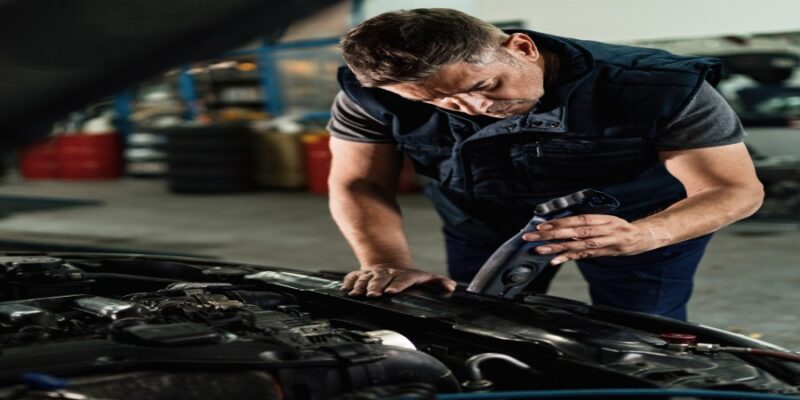
Owning an Audi is not just about enjoying its luxury and performance; it’s also about ensuring its longevity and reliability through proper maintenance. Preventive maintenance is the cornerstone of keeping your Audi in top condition and avoiding costly repairs down the road. In this blog, we’ll delve into the key steps recommended by Audi car repair specialists to maintain your vehicle’s optimal performance and safeguard its longevity.
Regular Oil Changes:
One of the most critical aspects of preventive maintenance for any vehicle, including Audi cars, is regular oil changes. Engine oil lubricates the engine’s moving parts, reduces friction, and helps dissipate heat. Over time, oil breaks down and becomes less effective, which can lead to increased engine wear and reduced performance. Audi recommends using high-quality synthetic oil and adhering to the manufacturer’s recommended oil change intervals.
Check and Replace Filters:
Filters play a vital role in maintaining the cleanliness of various systems within your Audi. The engine air filter prevents dirt and debris from entering the engine, while the cabin air filter ensures clean air inside the vehicle. Over time, these filters become clogged and less effective, which can impact engine performance and air quality. Audi specialists recommend inspecting and replacing air filters according to the manufacturer’s recommended intervals to ensure optimal engine performance and cabin comfort.
Inspect and Maintain Fluid Levels:
In addition to engine oil, Audi vehicles rely on various fluids to operate smoothly and efficiently. These include coolant, brake fluid, transmission fluid, and power steering fluid. Regularly inspecting fluid levels and conditions can help identify potential leaks or issues before they escalate into major problems. Maintaining proper fluid levels and replacing fluids at recommended intervals can prevent costly repairs and ensure the longevity of critical components.
Keep the Cooling System in Check:
The cooling system plays a crucial role in regulating engine temperature and preventing overheating. Components such as the radiator, coolant hoses, and water pump need regular inspection and maintenance to ensure optimal performance. Audi specialists recommend flushing and replacing coolant according to the manufacturer’s recommended intervals to prevent corrosion and maintain proper cooling efficiency.
Monitor Tire Health:
Tires are the only point of contact between your Audi and the road, making them essential for safety and performance. Regularly monitoring tire pressure, tread depth, and overall condition can help prevent uneven wear and potential blowouts. Properly inflated tires not only improve fuel efficiency but also enhance traction and handling. Audi car repair specialists recommend rotating tires regularly and replacing them when they show signs of excessive wear or damage.
Check Brakes and Suspension:
Brakes and suspension components are critical for ensuring safe handling and stopping power. Regular inspections of brake pads, rotors, calipers, and suspension components can help identify wear and tear early on. Squealing noises, vibrations, or decreased braking performance may indicate the need for brake or suspension system repairs. Prompt attention to these issues can prevent further damage and ensure optimal driving dynamics.
Address Electrical System Issues:
Modern Audi vehicles are equipped with advanced electrical systems that control various functions, including engine management, safety features, and entertainment systems. Any issues with the electrical system, such as malfunctioning sensors or failing components, can impact vehicle performance and reliability. Audi specialists recommend regular diagnostics and inspections to identify and address electrical issues before they escalate.
Follow Scheduled Maintenance:
Audi provides a comprehensive maintenance schedule outlined in the owner’s manual, specifying service intervals and recommended procedures for various components and systems. Adhering to this schedule is essential for keeping your Audi in optimal condition and preserving its warranty coverage. Skipping or delaying scheduled maintenance can lead to premature wear and potential mechanical failures.
Conclusion:
Preventive maintenance is essential for preserving the performance, reliability, and resale value of your Audi vehicle. By following the key steps recommended by Audi car repair specialists, you can identify potential issues early, address them promptly, and enjoy years of trouble-free driving. From regular oil changes to comprehensive inspections, investing in preventive maintenance will pay dividends in the long run, ensuring that your Audi remains a source of joy and pride for years to come.
In summary, prioritizing preventive maintenance according to Audi’s guidelines ensures optimal performance and longevity for your vehicle. By addressing issues proactively, you’ll maintain the enjoyment and pride of owning an Audi for years to come.










